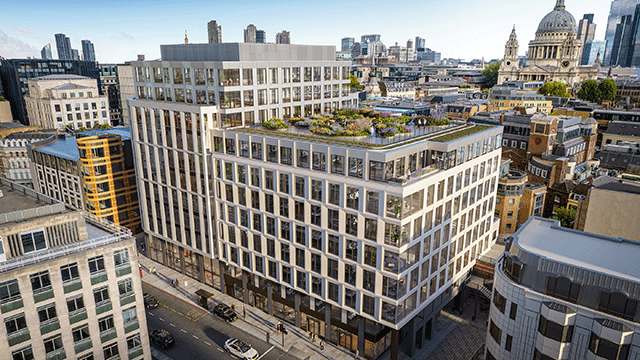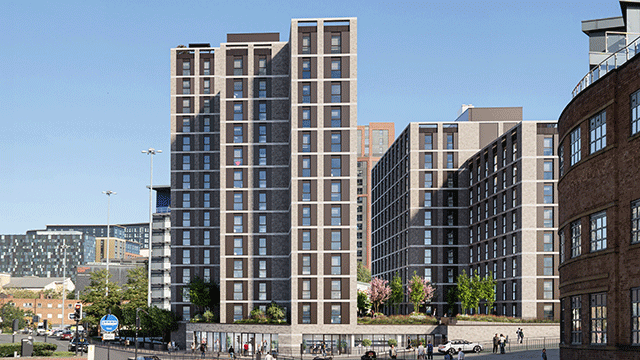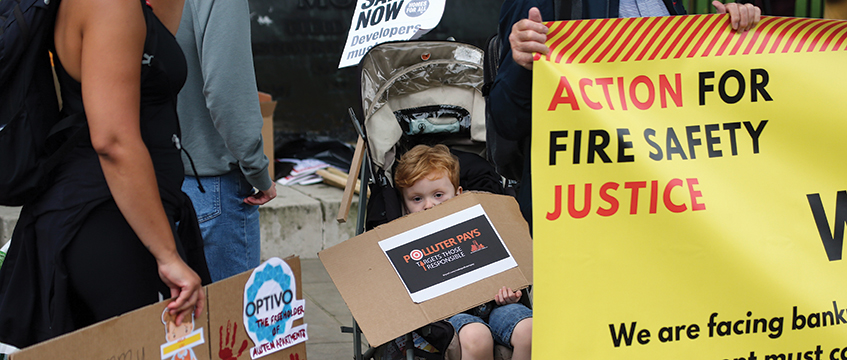Business lease – Rent – Parking – Parties negotiating new lease – Tenant giving up designated parking inside building for outside spaces – Rent being reduced – Parking problems ensuing – Whether appellant entitled to new lease on same terms as old – Appeal dismissed
The appellant tenant occupied business premises under a 25-year lease from January 1980. The respondent landlord purchased the headlease in 1997. Much of the building was used as a multi-storey car park. In 1999, negotiations took place for a new lease under which the appellant would vacate its space on the second floor and move to the ground floor. The appellant also agreed to give up two of its three parking spaces on the first floor and to use two designated spaces on land at the front of the building. The respondent agreed to carry out the necessary building work and the rent was reduced by £500 in consequence.
A dispute subsequently arose with the council concerning parking at the front of the building and the appellant sought an assurance that parking would be available. By letter of 20 October 2000, the respondent informed the appellant that parking there would be allowed for a maximum of 30 minutes, a restriction that had to be adhered to in order to avoid further conflict. The move took place but the preparation of the new lease went into abeyance. A new lease was finally entered into in 2003, but it made no reference to the allocated parking spaces in front of the building. In 2005, problems arose when the appellant’s parking area was occupied by other tenants.
The appellant applied for a new business tenancy under Part II of the Landlord and Tenant Act 1954 on the same terms as the previous lease. The county court found that the appellant had obtained two advantages following the move, namely a reduction in rent and greater visibility for its business. The judge concluded that the 2003 lease had been drafted in the way it had because the respondent did not want a formal grant, which the appellant had accepted. It would be a wrong exercise of the court’s wide discretion under the 1954 Act to insert the right requested by the appellant when it had been provided with a bare licence only, which it could determine at any time.
The appellant appealed contending, inter alia, that a term relating to parking should be included in the new lease by virtue of sections 32(3) of the 1954 Act, which provided that rights enjoyed by a tenant in connection with its holding should be included in a tenancy granted under section 29 of the Act. Section 23(3) defined “the holding”, which, in the instant case, was the area within the building demised to the appellant under the 2003 lease.
Held: The appeal was dismissed.
The judge was right to hold that the 2003 lease had correctly made no provision for outside parking and that the right to outside parking whatever it was, was to be found in the terms of the letter of 20 October. The transaction had to be considered as a whole; what was granted was a licence or permission, supported by consideration, for customers or delivery men to park for up to 30 minutes.
The problem under section 32(3) was that the 2003 lease did not include any rights as to external parking. From the plain wording of the statute, it was clear that the appellant’s rights were outside the lease and so outside section 32(3). There was no reason to strain the wording of the section to give it a wider meaning, particularly given the court’s wider discretion under section 35 to determine the terms of a tenancy in default of agreement between the landlord and tenant: Orlik (G) (Meat Producers) Ltd v Hastings & Thanet Building Society [1975] 1 EGLR 70; [1975] 234 EG 281 and Crabb v Arun District Council [1976] Ch 179 considered.
The object of Part II of the 1954 Act was to give security of tenure to business tenants by, inter alia, conferring power on the court to order a new tenancy of the property comprised in the holding. No matter how widely section 35 is expressed, it could not be construed as enabling the court to enlarge the holding. In the present case, it would be permissible to include a provision in the lease conferring on the tenant a right no greater than that given by the letter of 20 October. The appellant had failed to establish any case for having a term in the lease giving it an irrevocable right to park two cars outside the building: J Murphy & Sons Ltd v Railtrack plc [2002] EWCA Civ 679; [2002] 2 EGLR 48; [2002] 31 EG 99 considered.
Sara Benbow (instructed by Gowans LLP) appeared for the appellant; David Warner (instructed by Gillhams) appeared for the respondent.
Eileen O’Grady, barrister








